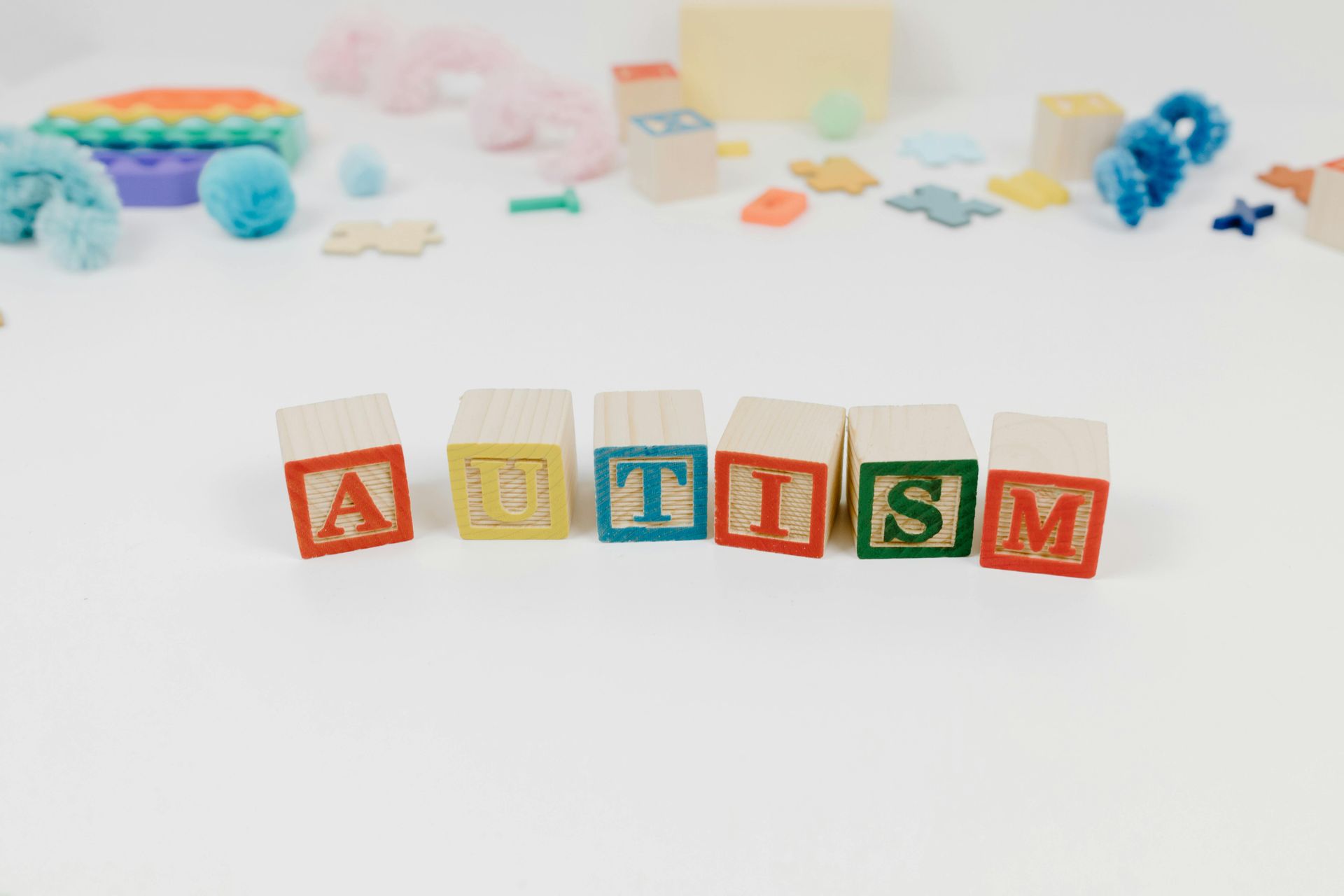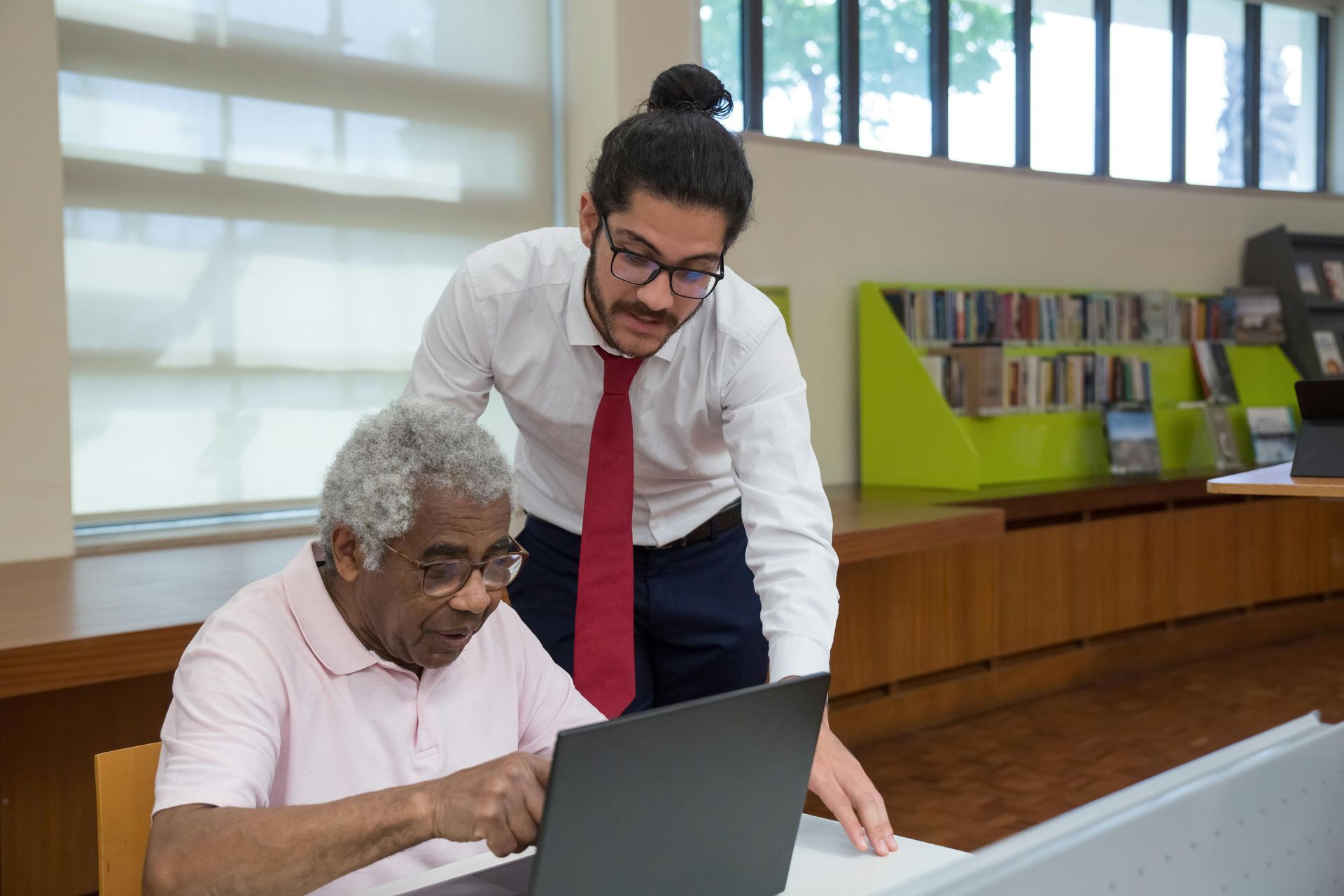Caring for a loved one with a disability can be both rewarding and challenging. Whether they have physical, developmental, or intellectual disabilities, ensuring they receive the proper care and support is essential for their well-being. Fortunately, there are numerous resources available to help individuals with disabilities and their families navigate their unique challenges. Understanding where to start and what options are available can make a significant difference in improving their quality of life.
1. Understanding the Needs of the Individual
Before seeking help, it is essential to assess the specific needs of the person with a disability. This includes:
- Medical Needs: Do they require regular medical checkups, therapy, or specialized care?
- Daily Living Assistance: Do they need help with personal care, meal preparation, or mobility?
- Educational or Employment Support: Are they in need of specialized education programs or vocational training?
- Social and Recreational Activities: Are there opportunities for them to engage in activities that enhance their social skills and mental well-being?
Understanding these aspects helps in identifying the best resources and support systems available.
2. Seeking Professional Support
There are professionals dedicated to providing care and assistance to individuals with disabilities. Some of the key professionals to consult include:
- Primary Care Physicians & Specialists: They can assess medical conditions and recommend necessary treatments or therapies.
- Occupational & Physical Therapists: They help individuals improve their physical abilities and independence.
- Behavioral Therapists & Counselors: These professionals offer emotional and psychological support for individuals struggling with mental health or behavioral issues.
- Case Managers & Social Workers: They help families connect with services such as Medicaid, housing assistance, and disability benefits.
3. Exploring Community and Government Resources
Many organizations, both public and private, offer support for individuals with disabilities. Some helpful resources include:
- State and Federal Disability Programs: Programs like Medicaid, Social Security Disability Insurance (SSDI), and Supplemental Security Income (SSI) can provide financial and medical support.
- Local Disability Services: Many local agencies provide transportation, housing assistance, and employment support services.
- Support Groups: Connecting with other families facing similar challenges can provide emotional support and valuable insights.
- Advocacy Organizations: Groups like the National Disability Rights Network (NDRN) offer guidance on legal rights and accessibility.
4. Creating a Strong Support System
No one should have to navigate the challenges of disability care alone. It is crucial to build a strong support network, including family, friends, caregivers, and support groups. Open communication, patience, and understanding are key to ensuring that the individual receives the best possible care.
If you or a loved one needs professional assistance in navigating care for a person with disabilities, consider reaching out to experts who can provide personalized solutions and compassionate care. Visit www.globalhandsinc.com to learn more about available services.










